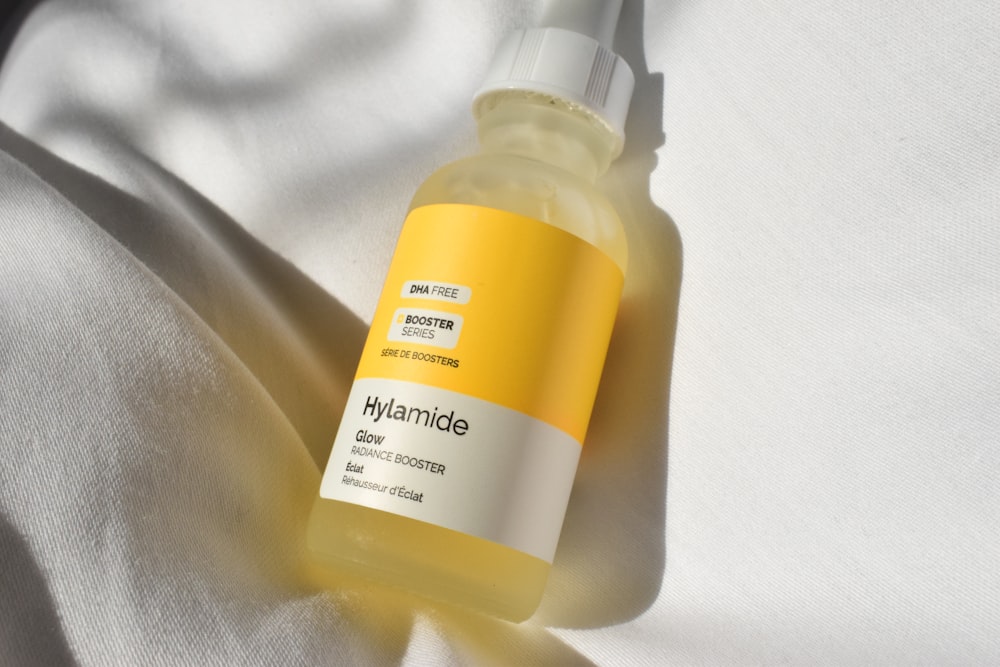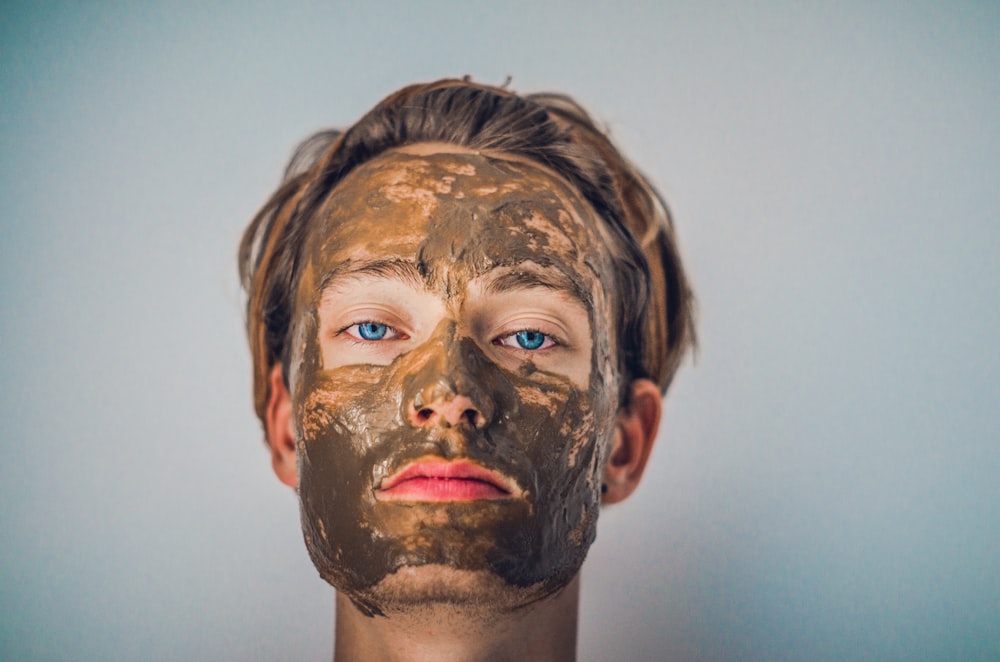Relieve Morning Sickness Essential Tips for Moms-to-Be
Introduction:
Morning sickness is a common experience for many expectant mothers during the early stages of pregnancy. While it can be unpleasant, there are various strategies that can help alleviate its symptoms and make this time more manageable. Here, we’ll explore some essential tips for moms-to-be to relieve morning sickness and feel more comfortable during this exciting yet challenging time.
Understanding Morning Sickness:
First and foremost, it’s essential to understand what morning sickness is and why it occurs. Morning sickness typically refers to nausea and vomiting that many pregnant women experience, particularly during the first trimester of pregnancy. While the exact cause is not fully understood, hormonal changes, increased sensitivity to certain smells, and other factors are believed to contribute to its onset.
Stay Hydrated:
One of the most crucial tips for managing morning sickness is to stay hydrated. Dehydration can exacerbate nausea and make you feel even worse. Sipping on water throughout the day, as well as consuming hydrating foods such as fruits and vegetables, can help replenish fluids and ease symptoms. Consider carrying a water bottle with you wherever you go to ensure you’re drinking enough.
Eat Small, Frequent Meals:
Rather than consuming large meals, which can make nausea worse, opt for smaller, more frequent meals throughout the day. Eating smaller portions can help prevent your stomach from becoming too full, which may trigger nausea. Focus on foods that are easy to digest and high in nutrients, such as crackers, toast, and ginger tea.
Ginger: A Natural Remedy:
Ginger has long been touted as a natural remedy for nausea, including morning sickness. Whether in the form of ginger tea, ginger ale, or ginger candies, many pregnant women find relief from their symptoms by incorporating ginger into their diet. However, it’s essential to consult with your healthcare provider before using ginger supplements or extracts.
Avoid Trigger Foods:
Certain foods and smells may trigger or exacerbate morning sickness symptoms. While these triggers can vary from person to person, common culprits include spicy or greasy foods, strong-smelling perfumes or cleaning products, and caffeine. Pay attention to what sets off your symptoms and try to avoid these triggers whenever possible.
Rest and Relaxation:
Pregnancy can be exhausting, especially when you’re dealing with morning sickness on top of everything else. It’s essential to prioritize rest and relaxation to help manage your symptoms. Take naps when you need them, delegate tasks to others when possible, and make time for activities that help you unwind, whether it’s reading a book, taking a warm bath, or practicing relaxation techniques like deep breathing or meditation.
Acupressure and Other Alternative Therapies:
Some women find relief from morning sickness symptoms through alternative therapies such as acupressure, acupuncture, or aromatherapy. Acupressure bands, which apply pressure to specific points on the wrist, are a popular option for relieving nausea. Additionally, certain essential oils, such as peppermint or lemon, may help alleviate symptoms when used in a diffuser or applied topically (with caution and diluted properly).
Talk to Your Healthcare Provider:
If
Quercetin’s Skin Magic Unlock Your Beauty’s Potential
Unlocking the Radiant Power of Quercetin for Your Skin
Understanding Quercetin: Nature’s Skin Savior
Quercetin, a flavonoid abundantly found in fruits and vegetables, has been gaining attention for its remarkable benefits for skin health. This natural compound boasts powerful antioxidant properties, which play a pivotal role in protecting the skin from oxidative stress caused by free radicals.
The Antioxidant Arsenal: Shielding Your Skin from Damage
Free radicals, the unstable molecules generated by factors like UV radiation, pollution, and stress, can wreak havoc on the skin, leading to premature aging, dullness, and even skin disorders. Quercetin acts as a potent antioxidant, scavenging these free radicals and neutralizing their harmful effects, thus safeguarding the skin’s integrity and youthful radiance.
Combatting Inflammation: Soothing Skin Woes
Inflammation is a common underlying factor in various skin conditions, including acne, eczema, and rosacea. Quercetin demonstrates anti-inflammatory properties by inhibiting the production of pro-inflammatory molecules and calming the skin’s inflammatory response. This makes it a valuable ally in managing inflammatory skin conditions and promoting overall skin health.
Enhancing Collagen Synthesis: Supporting Skin Structure
Collagen, the structural protein responsible for skin firmness and elasticity, naturally declines with age, leading to sagging and wrinkles. Quercetin has been shown to stimulate collagen synthesis, promoting skin renewal and firmness. By fortifying the skin’s underlying structure, quercetin helps maintain its resilience and youthful appearance.
Protecting Against UV Damage: Shielding Skin from the Sun
Excessive sun exposure is a primary culprit behind premature skin aging and skin cancer. Quercetin exhibits photoprotective properties, offering defense against UV-induced damage. It helps mitigate UVB-induced inflammation, DNA damage, and oxidative stress, thereby reducing the risk of sunburn, photoaging, and skin cancer development.
Brightening Complexion: Unveiling Skin’s Natural Glow
A dull complexion can detract from the skin’s vitality and youthfulness. Quercetin contributes to skin brightening by inhibiting melanin production, the pigment responsible for dark spots and uneven skin tone. By promoting a more uniform complexion, quercetin helps reveal the skin’s inherent luminosity and radiance.
Moisture Retention: Nourishing Skin from Within
Proper hydration is essential for maintaining skin health and suppleness. Quercetin enhances skin hydration by reinforcing the skin barrier function and increasing the expression of aquaporins, channels responsible for water transport within the skin. This helps prevent moisture loss and keeps the skin adequately nourished and hydrated.
Addressing Hyperpigmentation: Fading Dark Spots
Hyperpigmentation, characterized by the appearance of dark spots or patches on the skin, can result from various factors, including sun exposure, hormonal changes, and inflammation. Quercetin exhibits depigmenting properties by inhibiting tyrosinase activity, the enzyme involved in melanin synthesis, thereby reducing the formation of dark spots and promoting a more even skin tone.
Promoting Wound Healing: Accelerating Skin Repair
Quercetin’s wound-healing properties make it particularly beneficial for addressing skin injuries and promoting tissue regeneration. It accelerates the wound healing process by enhancing collagen deposition, angiogenesis (new blood vessel formation), and epithelialization (skin barrier repair), facilitating faster recovery and minimizing scarring.
Incorporating Quercetin into Your Skincare Routine
With its multifaceted benefits for skin health, quercetin deserves a
Unlock Your Skin’s Potential Snail Cream’s Triumph
In Pursuit of Radiant Skin: Exploring the Benefits of Snail Cream
Unveiling Nature’s Secret
Snail cream, once a skincare curiosity, has now become a sensation in the beauty industry. Derived from the mucin secreted by snails, this seemingly unconventional ingredient boasts a myriad of benefits for the skin. Let’s delve into the world of snail cream and discover its transformative powers.
A Fountain of Youth: Anti-Aging Marvel
One of the most celebrated benefits of snail cream is its remarkable anti-aging properties. Packed with antioxidants, peptides, and hyaluronic acid, snail mucin works to combat the signs of aging by promoting collagen production, reducing fine lines and wrinkles, and improving skin elasticity. Regular use of snail cream can result in a more youthful, rejuvenated complexion.
Healing and Regeneration: Skin Repair Revolution
Snail mucin is renowned for its ability to accelerate skin healing and regeneration. Thanks to its rich cocktail of nutrients and growth factors, snail cream aids in repairing damaged skin, reducing scarring, and soothing inflammation. Whether dealing with acne scars, sun damage, or irritation, incorporating snail cream into your skincare routine can lead to a smoother, healthier complexion.
Hydration Boost: Moisture Infusion
Dry, dehydrated skin is no match for the hydrating prowess of snail cream. With its high concentration of glycoproteins and glycosaminoglycans, snail mucin acts as a powerful humectant, drawing moisture into the skin and preventing transepidermal water loss. Regular application of snail cream results in deeply hydrated, plump skin with a radiant glow.
Balanced Complexion: Oil Control and Acne Relief
Contrary to popular belief, snail cream is suitable for all skin types, including oily and acne-prone skin. Its lightweight texture and non-comedogenic properties make it an ideal choice for those battling excess oil and breakouts. Snail mucin helps regulate sebum production, unclog pores, and soothe inflamed skin, resulting in a clearer, more balanced complexion over time.
Environmental Shield: Defense Against Damage
In today’s world, our skin is constantly exposed to environmental stressors such as pollution, UV radiation, and free radicals, which can accelerate aging and dullness. Snail cream acts as a shield against these aggressors, thanks to its antioxidant-rich composition. By neutralizing free radicals and strengthening the skin’s natural barrier, snail mucin helps protect against premature aging and environmental damage.
Customizable Skincare: Versatility at Its Best
One of the most appealing aspects of snail cream is its versatility. Whether you’re looking to address specific skin concerns or simply maintain a healthy complexion, there’s a snail cream formulation suited to your needs. From lightweight gels to rich creams, serums, and essences, there’s no shortage of options to choose from, ensuring a tailored skincare experience for every individual.
Embracing the Snail Cream Revolution
As we continue to unravel the mysteries of skincare, snail cream stands out as a true game-changer. With its unparalleled ability to rejuvenate, repair, and protect the skin, it has earned its rightful place in the pantheon of beauty essentials. Whether you’re a skincare enthusiast or a novice, incorporating snail cream into your routine is sure to elevate
Hydrate Dry Skin Essential Moisturizing Techniques
Soothing Dry and Itchy Skin: Your Comprehensive Guide
Understanding the Itchy Dilemma
Dry, itchy skin can be an irritating and uncomfortable condition to deal with. Whether it’s caused by environmental factors, skincare habits, or underlying health issues, the itching sensation can disrupt daily life and affect your overall well-being. Understanding the root causes of itchiness is the first step towards finding effective relief.
Identifying Common Triggers
Various factors can contribute to dry, itchy skin. Environmental elements like cold weather, low humidity, and harsh winds can strip moisture from the skin, leaving it dry and prone to itching. Additionally, frequent bathing with hot water and using harsh soaps can further exacerbate the problem by stripping away the skin’s natural oils. Allergens such as certain fabrics, fragrances, and even certain foods can also trigger itching in sensitive individuals.
Effective Home Remedies
Fortunately, there are several simple and effective home remedies that can help alleviate dry, itchy skin. One of the most straightforward solutions is to moisturize regularly using a rich, emollient cream or ointment. Look for products containing ingredients like shea butter, glycerin, or hyaluronic acid, which help to hydrate and soothe the skin. Applying a cold compress or taking a lukewarm bath with colloidal oatmeal can also provide immediate relief from itching.
Lifestyle Adjustments for Lasting Relief
In addition to topical treatments, making certain lifestyle adjustments can help manage dry, itchy skin more effectively. Avoiding long, hot showers and opting for gentle, fragrance-free skincare products can prevent further irritation. Investing in a humidifier to add moisture to the air indoors can also help maintain optimal skin hydration levels, especially during the dry winter months. Furthermore, staying hydrated by drinking plenty of water and incorporating foods rich in omega-3 fatty acids, vitamins, and antioxidants into your diet can support overall skin health.
Seeking Professional Guidance
If home remedies and lifestyle adjustments fail to provide adequate relief, it may be necessary to seek professional guidance from a dermatologist or healthcare provider. They can help identify any underlying skin conditions contributing to the itching and recommend appropriate treatment options. Prescription-strength moisturizers, topical corticosteroids, or oral medications may be necessary for more severe cases of dry, itchy skin.
Conclusion
Dealing with dry, itchy skin can be frustrating, but with the right approach, relief is possible. By understanding the underlying causes of itchiness, adopting effective home remedies, making lifestyle adjustments, and seeking professional guidance when needed, you can soothe your skin and restore its natural balance. Remember to be patient and consistent in your skincare routine, and don’t hesitate to reach out for help if your symptoms persist or worsen. With the proper care and attention, you can achieve lasting relief from dry, itchy skin. Read more about dry skin itchy




